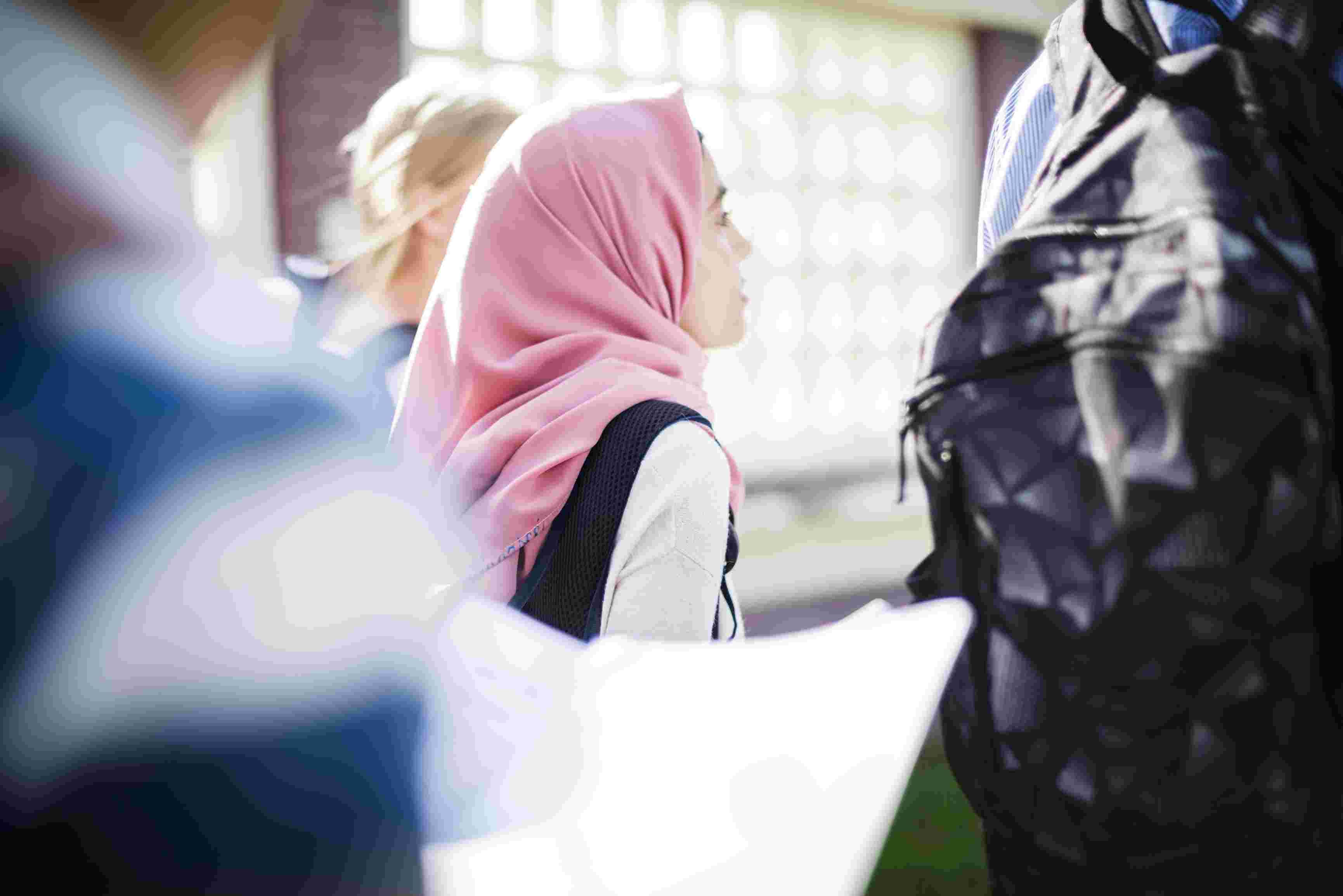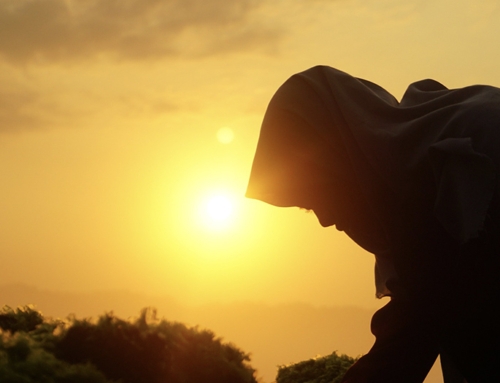Creating a More Inclusive Holiday Season for Muslim Students
As the holiday season approaches, many schools have Christmas themed activities and celebrations. However, for Muslim students, this time of year can be challenging, as they may feel excluded from the festivities that dominate much of the social and cultural landscape. Creating a more inclusive environment during the holiday season can be especially challenging in school settings, where students may come from a variety of different cultural and religious backgrounds.
While Christmas is a major holiday for many, Muslims do not celebrate Christmas. Hosting Christmas activities in school can lead to non-Christian students having feelings of disconnection and isolation, especially if the student is surrounded by classmates and peers who are participating in holiday activities and traditions.
The Challenges of Christmas for Muslim Students
Christmas is a challenging time for Muslim students. In addition to the lack of personal connection to the holiday, Muslim students may also feel left out because of the ways in which Christmas is celebrated in schools and other public spaces. For example, it is common for schools to have Christmas parties, decorations, and other celebrations, which can make it difficult for Muslim students to fully participate. Similarly, public spaces such as shopping malls and other retailers may also be heavily decorated and focused on Christmas, which can be overwhelming or uncomfortable for Muslim students. Additionally, the portrayal of Christmas on television shows, movies, and other forms of media overwhelms students outside of school.
Tips for Creating a More Welcoming Holiday Season for Muslim Students
The exclusion that Muslim students may feel during the holiday season can have a significant impact on their mental health and well-being. It can be isolating and demoralizing to feel left out of celebrations that are so central to the culture around them, and it can be difficult to find ways to feel included and connected during this time of year. There are several ways in which schools, communities, and individuals can work to create a more inclusive and welcoming environment for Muslim students during the holiday season.
Seasonal Rather Than Religious:
Have the activities in the school revolve around the season of winter rather than Christmas. Because not all students celebrate Christmas, having the school activities focus on the season rather than Christmas can allow everyone to feel included. Christmas is a religious holiday and should not be part of the school curriculum or activities. Having religious minorities sing Christmas songs, participate in Christmas parties, secret Santa gift exchange, and other such activities may violate their religious teachings. However, students might feel pressured to participate because they don’t want to feel left out. The best route is to have these activities focused solely on the winter season rather than Christmas.
- Cultural Fairs:
One approach is to offer alternative celebrations and activities that are more inclusive of a diverse range of cultures and faiths. For example, schools and community organizations could host events such as cultural fairs that allow students to learn about and celebrate the diverse traditions and cultures of their classmates. - Include Other Religious Holidays in the School Calendar:
Often non-Christian major holidays come on a day when school is in session and most of the faculty and staff are sometimes completely unaware that it is even a holiday. There have been many cases when there are even major exams or tests scheduled on these days. This leads to Muslim students having to choose between taking off on their holiday or suffering academic consequences. If Christmas is to be celebrated in school, then holidays of other major religions should also be included in the school calendar. - Include Eid and Ramadan activities:
If the school administration does insist on having Christmas activities, then the same should be done for holidays of other major religious traditions. For example, during Ramadan and Eid, schools can also host educational activities revolving around these major holidays. These activities should be celebrated in schools in the same manner that Christmas is. This will allow Muslim students to feel included.
The Importance of Recognizing Diversity During the Holiday Season
Ultimately, the key to creating a more inclusive environment for Muslim students during the holiday season is to recognize and respect the diversity of cultures and traditions within a community. By taking steps to be more inclusive and welcoming, schools and communities can create a positive and supportive environment for all students, regardless of their faith or cultural background.
Looking for more resources? Check out our Educator’s Guide Booklet.
Have more questions? Call 877-WhyIslam, you deserve to know.
Got Questions?
We have Answers. Get in touch now.








